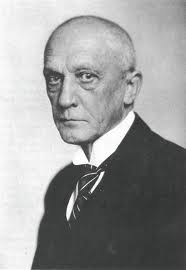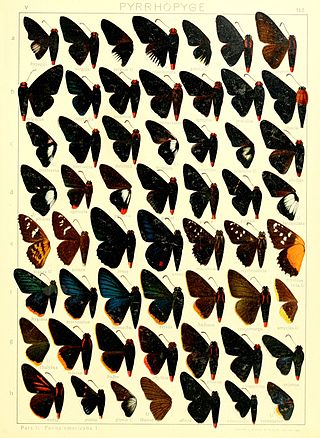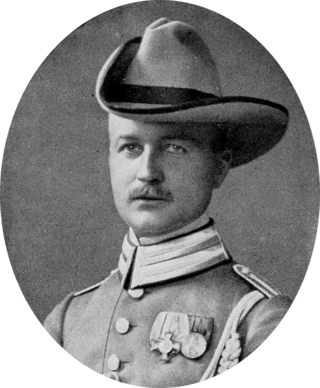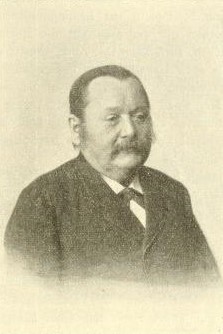
Friedrich Hermann Loew was a German entomologist who specialised in the study of Diptera, an order of insects including flies, mosquitoes, gnats and midges. He described many world species and was the first specialist to work on the Diptera of the United States.

Augustus Radcliffe Grote was a British entomologist who described over 1,000 species of butterflies and moths. He is best known for his work on North American Noctuidae. A number of species were named after him, including the moth Horama grotei.
Thomas Workman (1843–1900) was an Irish entomologist and arachnologist who travelled widely collecting butterflies and studying spiders. He is best known for his book Malaysian Spiders, published in 1896, in which he described several new species.
Erwin Lindner was a German entomologist mainly interested in Diptera.

Heinrich Ernst Karl Jordan was a German-British entomologist. He took a special interest in the taxonomy and classification of butterflies, beetles and fleas. Jordan was a founder of the International Congress of Entomology.

Pierre Millière was a French entomologist chiefly interested in Lepidoptera.

Ernst Ludwig Taschenberg was a German entomologist.

James John Joicey FES was an English amateur entomologist, who assembled an extensive collection of Lepidoptera in his private research museum, called the Hill Museum, in Witley, Surrey. His collection, 40 years in the making, was considered to have been the second largest in the world held privately and to have numbered over 1.5 million specimens. Joicey was a fellow of the Zoological Society of London, the Royal Geographical Society, the Royal Entomological Society, the Royal Horticultural Society, and the Linnean Society of London.
William Doherty was an American entomologist who specialised in Lepidoptera and later also collected birds for the Natural History Museum at Tring. He died of dysentery while in Nairobi.

Hans Rebel was an Austrian entomologist who specialised in Lepidoptera.

Max Wilhelm Karl Draudt was a German entomologist, who specialised in Lepidoptera.

John Henry Leech was an English entomologist who specialised in Lepidoptera and Coleoptera.

Arnold Schultze was a German officer, geographer, and entomologist who specialised in Lepidoptera.
Louis Beethoven Prout (1864–1943) was an English entomologist and musicologist.
Augustus Busck was a Danish-American entomologist with the United States Department of Agriculture's Bureau of Entomology. He is best known for his work with microlepidoptera, of which he described over 600 species. His collections of Lepidoptera from North America and the Panama Canal Zone are held by the National Museum of Natural History in Washington, D.C.

Ottmar Hofmann was a German entomologist. He is not to be confused with Ernst Hofmann, also an entomologist specialising in Lepidoptera.
Johan Martin Jakob von Tengström was a Finnish entomologist.
Arnold Spuler was a German physician, an entomologist and a politician.

Wilhelm Steudel was a German physician, ornithologist and entomologist who specialised in Lepidoptera. He described the moth Rhigognostis incarnatella(Steudel, 1873) as Eine neue Plutella – Entomologische Zeitung Stettin 34: 340 - 342. His other papers were published in Jahreshefte des Vereins für vaterländische Naturkunde in Württemberg. Steudel was a member of the Entomological Society of Stettin. His collection of Palearctic microlepidoptera is curated by the State Museum of Natural History Stuttgart.

August Arthur Petry was a German botanist and entomologist specialising in Microlepidoptera. He was a teacher of philology at the Gymasium in Nordhausen. August Petry was a Member of the Stettin Entomological Society. Ottmar Hofmann honoured his name in Caryocolum petryi. His collections are, in part, held by the Natural History Museum of Erfurt.












